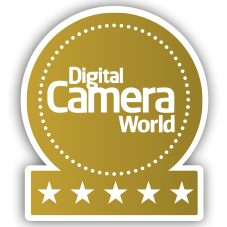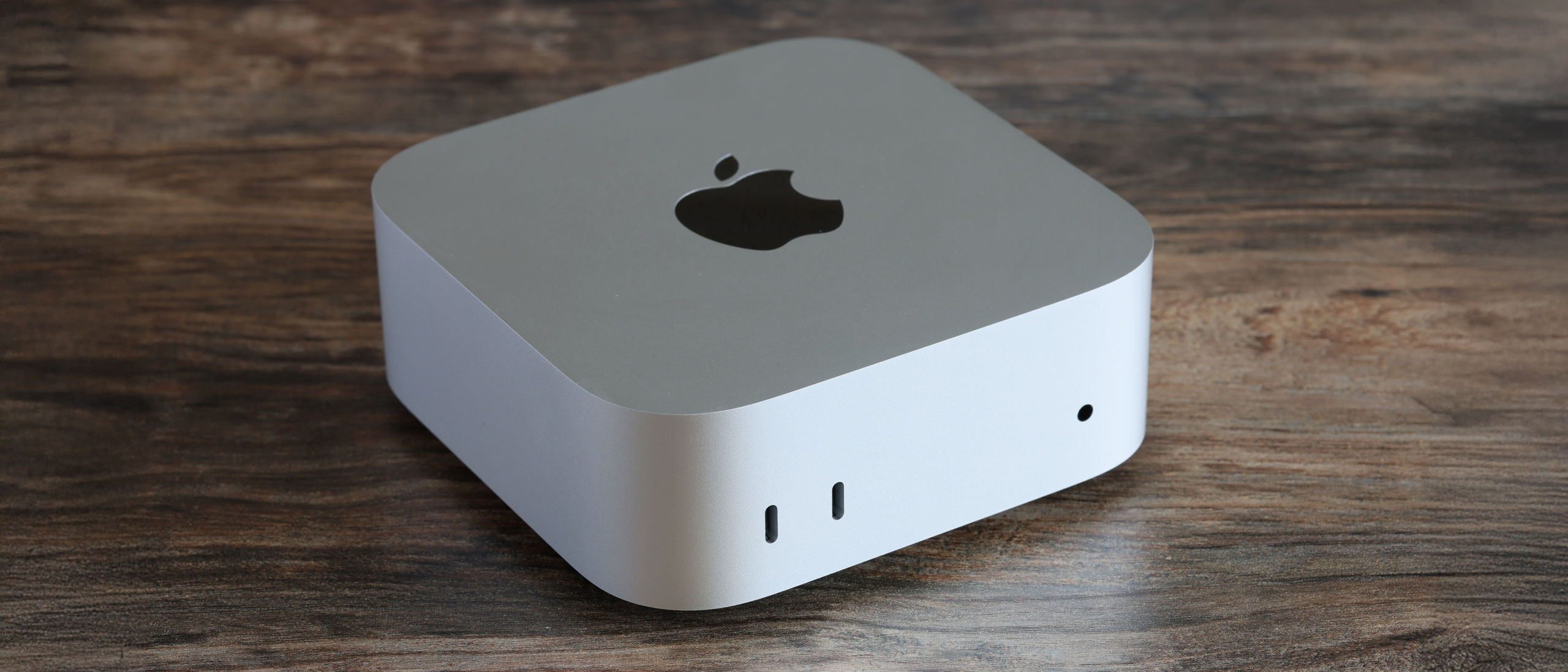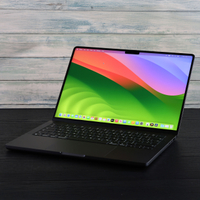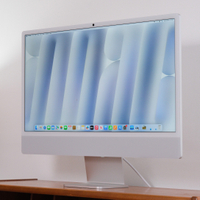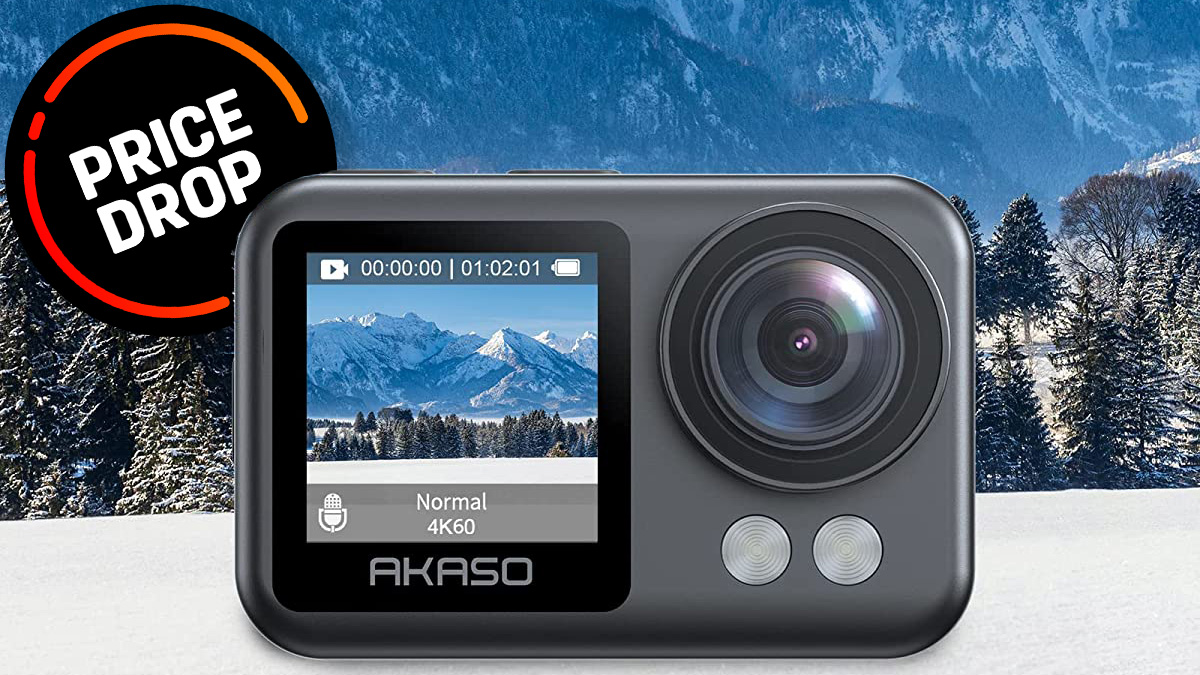Digital Camera World Verdict
It’s hard to get across just how small, and how beautifully made the Mac mini actually is. If your desk has room for a monitor, a keyboard and a mouse, then it’s got space for the Mac mini, because it hardly takes up any space at all. With HDMI, Ethernet and no fewer than 5 USB ports, you can just plug in and go, even if you’re swapping out a Windows PC. The cost escalates rapidly once you start specifying more RAM, more storage or the faster M4 Pro chip, but the base model is already so fast and well-equipped that you might not need any of that.
Pros
- +
16GB RAM as standard
- +
Just $599 / £599 for the base model
- +
Beautiful design and construction
- +
Plenty of ports, despite the size
Cons
- -
Base-level 256GB SSD probably needs upgrading
- -
No memory card slot
- -
Needs keyboard, mouse and monitor
Why you can trust Digital Camera World
The strangest thing happened. I was in a photography livestream when the subject of the new Mac mini M4 came up and I said I thought it was pretty cheap, starting at $599 / £599. Someone in the chat didn’t like that and insisted it was just a jumped-up Apple TV and not cheap at all.
So let’s see if we can get this straight. The Mac mini might look a little like the Apple TV on the outside, but inside it’s completely different. The Apple TV is a simplified streaming device running Apple’s tvOS. The Mac mini is a fully-fledged desktop computer running the same hardware and operating system as Apple’s other computers, but in a radical, miniaturized design.
It's got more than enough power to make it one of the best computers for photo editing and video editing. Better still, the starting price alone makes this one of the best Macintosh computers of all, especially for those trying a Mac for the first time.
The idea of the Mac mini is that you can simply swap out your existing computer for this one. The Mac mini doesn’t come with a monitor, a keyboard or a mouse, so you simply use the ones you’ve got, or buy them separately. Even if you’ve currently got a Windows keyboard and mouse, these should just work – though Apple’s own Magic Keyboard and Magic Mouse are recommended, even if they are more expensive.
The Mac mini is all about choice and adaptability. If you want a laptop, get a MacBook, if you want an all-in-one, get an iMac, but these options mean your display is tied to your hardware. When I retired my 2017 21.5-inch iMac, I also had to retire its screen, one of the best I’ve ever used, just because the Mac itself needed upgrading. So a modular computing setup makes sense, especially when it’s as small, simple and affordable as this one.
Yes, you can get much cheaper Windows desktop PCs, but these typically come with older Intel processors which are still fine for everyday use, but a long way behind the latest Apple M4 silicon for speed and graphics handling.
The new M4 Mac mini is impressive on paper, but even more impressive in the flesh. It’s tiny. I’ve got cameras bigger than this. It’s a lot smaller than the old Mac mini, despite having a newer processor and now starting with 16GB RAM even in the base model. You get no fewer than 5 USB ports, including three Thunderbolt 4/USB 4 ports on the rear, plus an HDMI port for wide monitor compatibility. There’s even wired Ethernet.
As usual with Apple’s computers now, there’s a choice of processor. The cheapest options use a regular M4 processor, but if you need even more speed and more than 32GB RAM, there’s an M4 Pro version. Will you need that? If all you want is an effective, affordable do-it-all desktop computer, probably not.
Apple says the new Mac mini M4 is “1/20 the size but 6x faster than the top-selling PC desktop in its price range”. These are Apple’s own tests, conducted using a base-spec Mac mini with 16GB RAM compared with Intel Core i7–based PC systems with Intel UHD Graphics 770, 16GB of RAM and 512GB SSD.
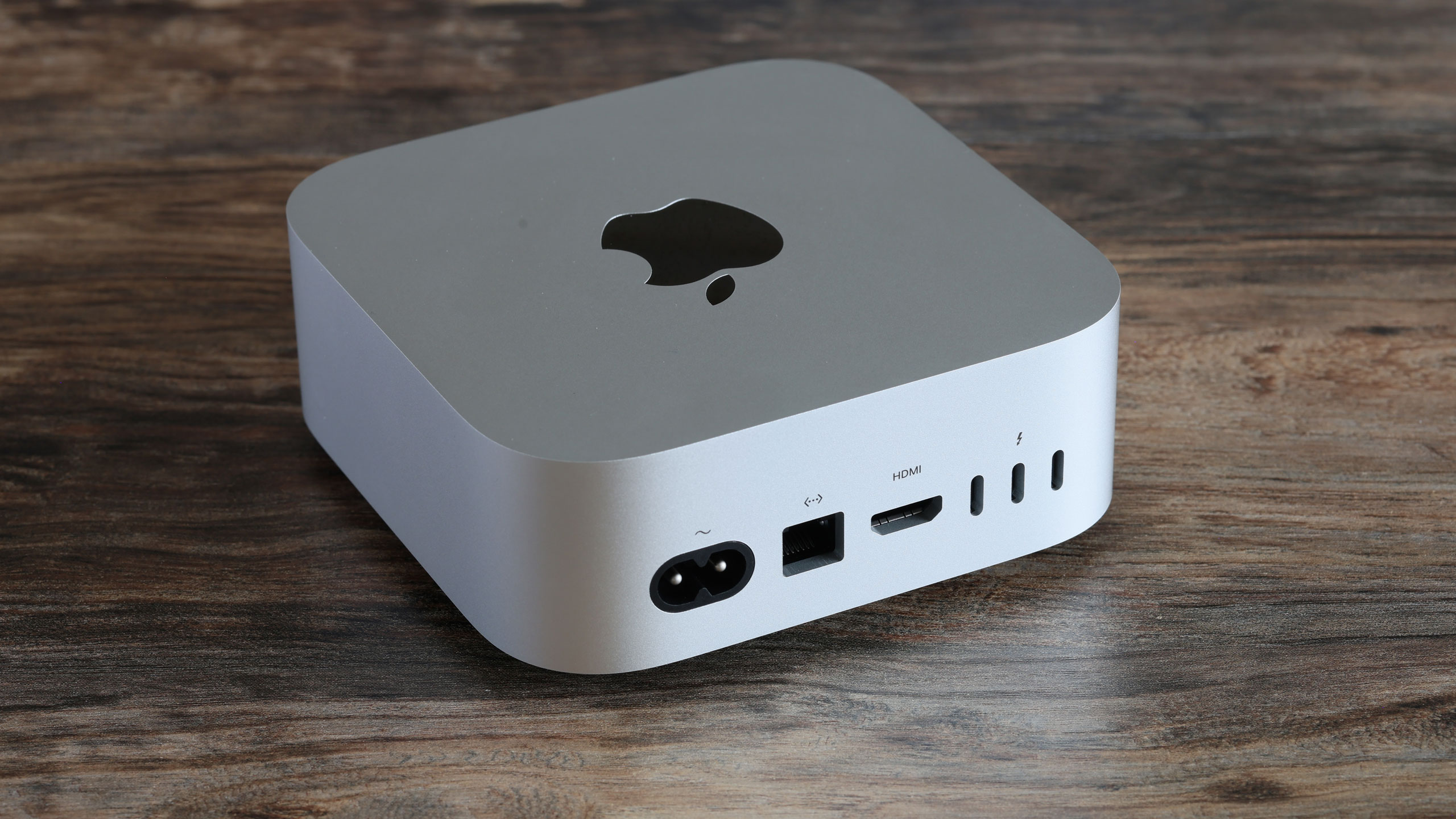
Apple Mac mini M4 Pro: Specifications
The model Apple supplied for review was equipped with the faster M4 Pro chip, 64GB RAM and a 4TB SSD. This pushes the cost up considerably, and keep in mind that our benchmarking figures are based on this faster processor.
The table below indicates the different Mac mini configurations and specifications available. One thing we must always repeat is that because of the way Apple’s on-chip design works, you have to choose your specs at the time of purchase. You can’t add more RAM or a bigger internal drive later.
| Processor | Apple M4 / M4 Pro |
| CPU | 10 core / 12-14 core |
| GPU | 10 core / 16-20 core |
| Memory | 16-32GB / 24-64GB |
| Storage | 512GB-2TB / 512GB-8TB |
| Ports | 2x USB C/USB 3, headphone jack (front), 3x Thunderbolt 4/USB 4, HDMI, Ethernet (back) |
| Dimensions | 12.7 x 12.7 x 5.0cmcm, 0.73kg |
Apple Mac mini M4 Pro: Price
The regular Mac mini M4 starts at just $599 / £599, which seems pretty cheap given the raw speed of the M4 processor, the high-quality build, and the extensive connectivity options. The base model only comes with a 256GB SSD but you do get 16GB RAM as standard, so the need to upgrade the specs is not as urgent as it was with the miserly 8GB offered on previous base models.
If you think the maximum 32GB RAM won’t be enough, then you’ll need to step up to the M4 Pro chip, and things will start to get expensive. Our test machine’s M4 Pro processor, 64GB RAM and 4TB SSD pushes the price up to a stiff $3,199 / £3,199, so as with all Apple computers you have to make some pretty sober decisions about the hardware you actually need.
A fully kitted-out Mac mini would make a powerful desktop workstation, but then it starts to cross over with the bigger and more powerful Mac Studio. It’s more likely that most users will be looking for an inexpensive and efficient little desktop computer for home office/domestic use, digital photography, and perhaps mid-level video editing, and for this, the regular Mac mini M4 looks by far the best value.
Apple Mac mini M4 Pro: Design and operation
The Mac mini has always been beautifully simple – a round-cornered aluminum box that you simply plug into your existing gear. But the new M4 version takes it to a whole new level. It’s smaller than ever before, only 12.7cm wide and deep, but with all the ports you’re likely to need and now comes with 16GB RAM as standard even in the base model. It can also drive up to 3 displays.
The MacBook range and the iMac tend to get more attention, but in many ways, the Mac mini is the best Mac of all. You do need to bring your own keyboard, mouse, and monitor, but this means it’s a truly modular computer – if one part of your system needs upgrading, you don’t have to swap out the whole lot.
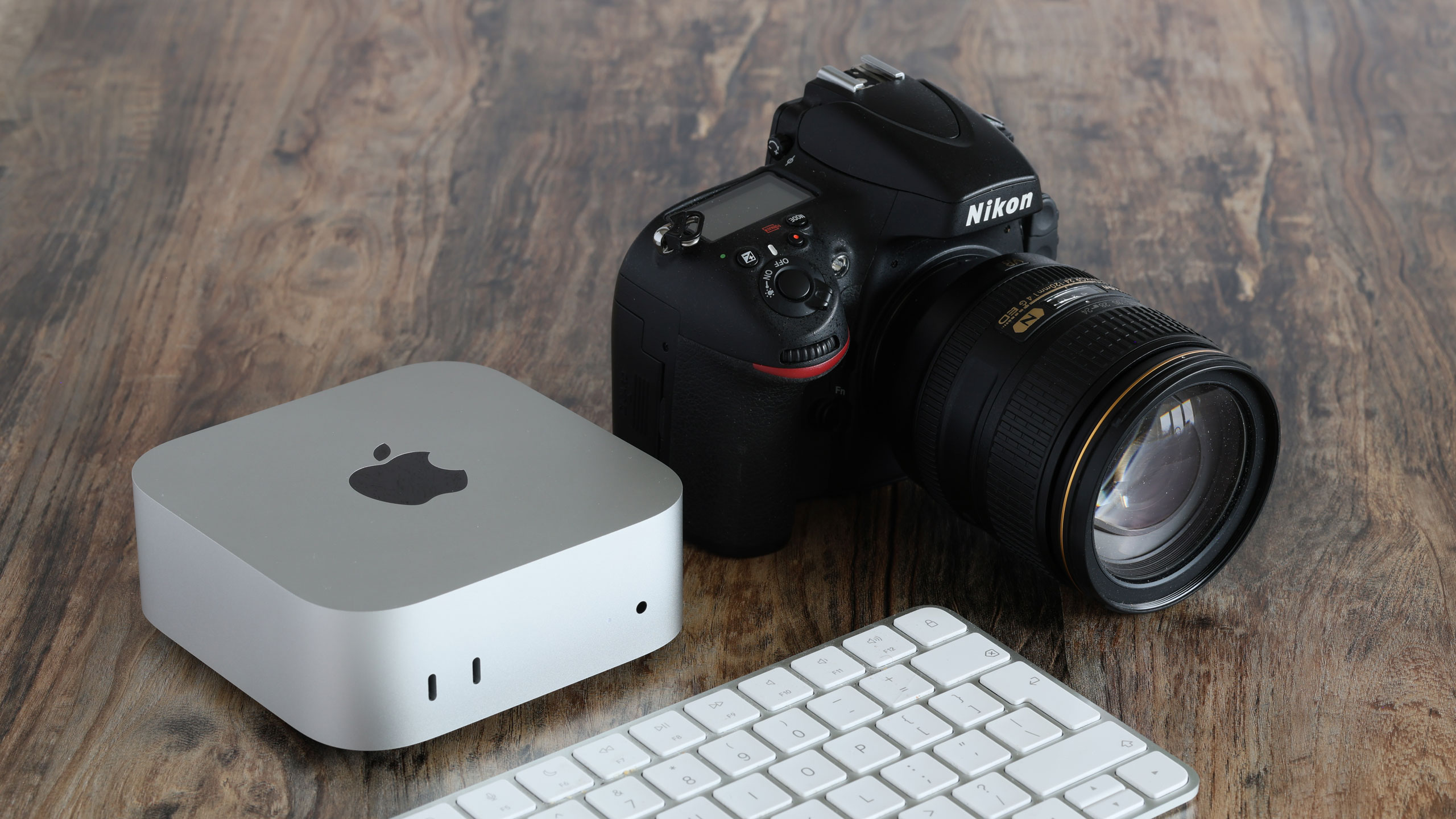
In a weird way, it’s so small it’s portable. You could plug it in at work and then bring it home in your bag. It’s remarkably clutter-free, too. Even the power cable is impressive – it’s just a single, flexible braided cable that plugs into a wall socket at one end and the Mac mini at the other and with no ugly power brick in the middle.
Apple is proud of the fact that this is its first carbon-neutral Mac. The smaller design also incorporates a new ‘thermal architecture’ where air flows through the ‘foot’ underneath the body. Oddly, this is also where you find the power button – we guess that must have made sense to someone.
One thing you don’t get is a card slot, so you will have to buy a plug-in card reader to transfer photos. These are cheap enough to buy, however, and as camera makers gradually shift towards CFexpress cards, SD slots will become less useful anyway.
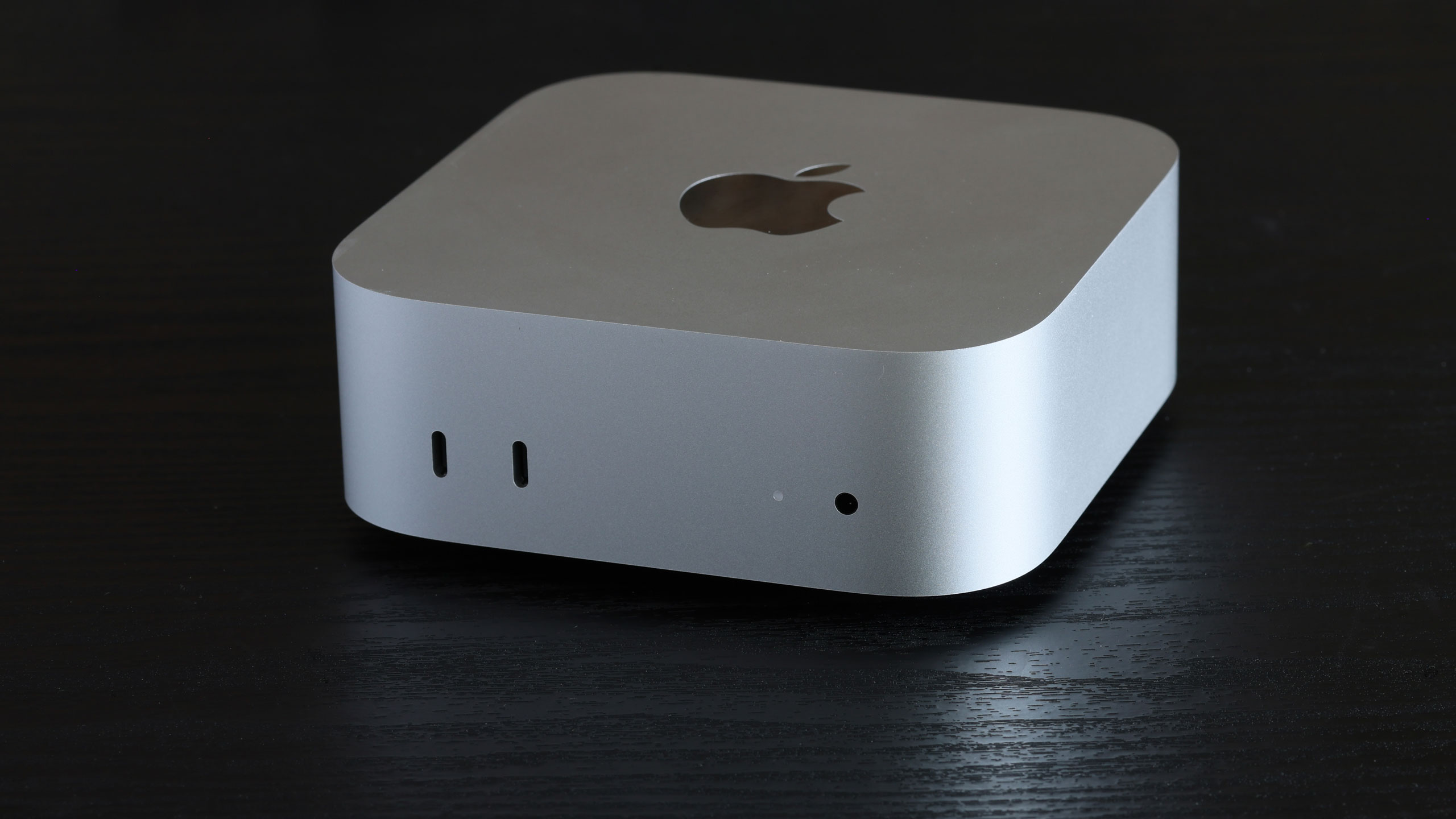
Apple Mac Mini M4 Pro: Performance
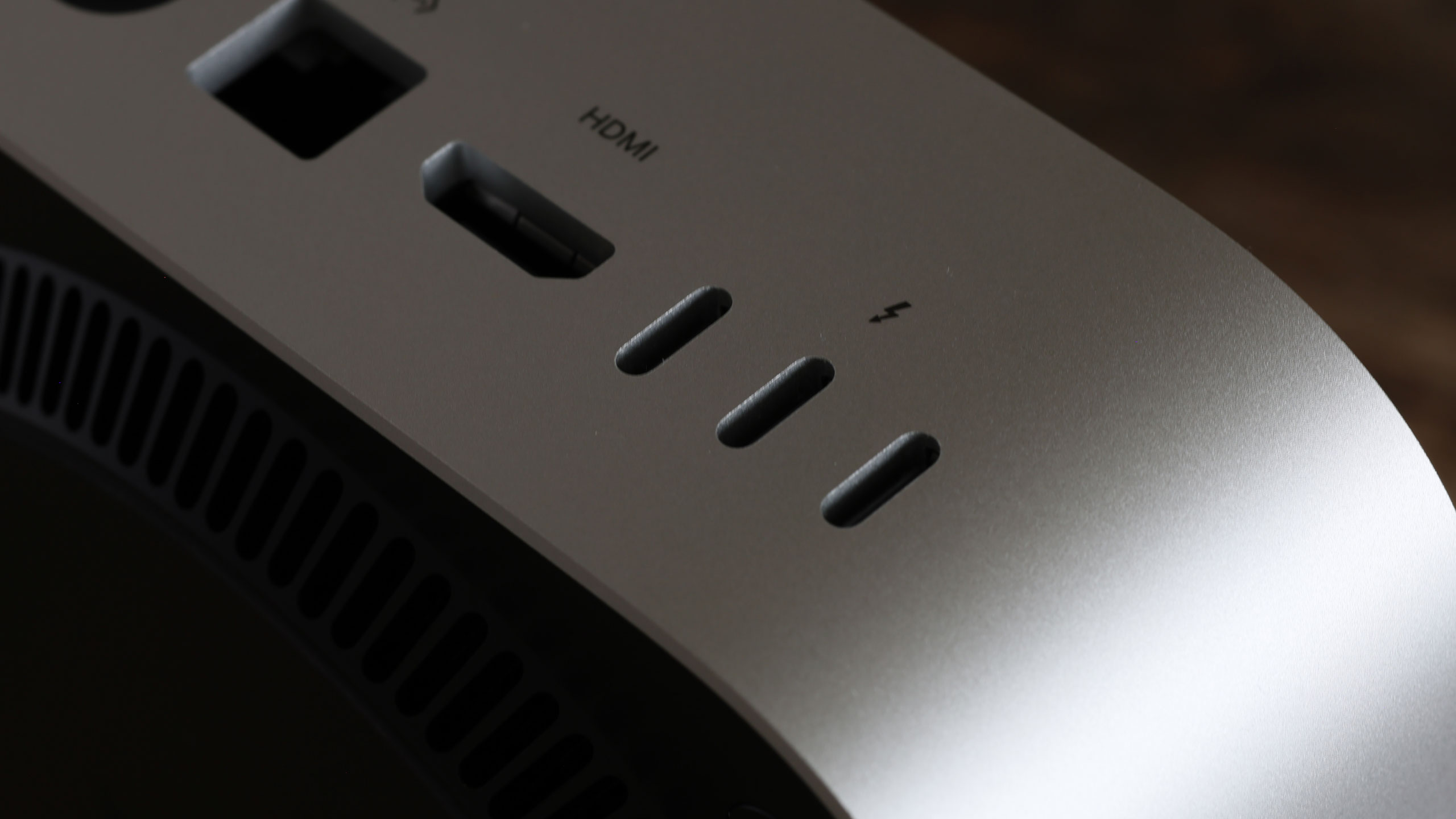
Apple boasts that the Mac mini uses the world’s fastest CPU core. This latest generation has hardware accelerated ray tracing ideal for games and 3D rendering – Apple quotes titles like Prince of Persia: The Lost Crown and Myst.
Our benchmarking figures below are for the M4 Pro model supplied by Apple, so they will be better than those from the regular M4 processor, which we will test when we get a sample. We’ve included the new MacBook Pro 14-inch M4 Pro and iMac M4 for comparison (we don’t have CineBench data for the iMac).
| Header Cell - Column 0 | Mac mini M4 Pro | MacBook Pro 14-inch M4 Pro | iMac M4 |
|---|---|---|---|
| GeekBench 6 Single Core CPU | 3867 | 3907 | 3809 |
| GeekBench 6 Multi Core CPU | 17389 | 22870 | 14786 |
| GeekBench 6 OpenCL | 70079 | 70061 | 36056 |
| CineBench r23 Single Core CPU | 2218 | 2266 | 2256 |
| CineBench r23 Multi Core CPU | 22700 | 22279 | 22239 |
The Mac mini M4 Pro is very close in performance to the MacBook Pro 14-inch M4 Pro, as we would expect. There is a difference in the GeekBench Multi-Core CPU results, but we’ll put that down to a difference in the number of GPU cores in the two machines. Otherwise, it’s very close. The regular iMac M4 lags somewhat in GPU and OpenCL performance but is still fast in absolute terms, and we would expect similar results from the base-level Mac mini M4.
Benchmarking data only tells you about the processor performance, of course. Other tasks, such as importing photos from an external drive, or accessing online servers, will have their own bottlenecks.
In other news, the Mac mini’s internal speakers are surprisingly good. You’ll still need a decent set of external speakers, or a monitor with its own speakers for best quality, but if you don’t have either, then the Mac mini’s built in audio is actually OK.
Apple Mac Mini M4 Pro: Verdict
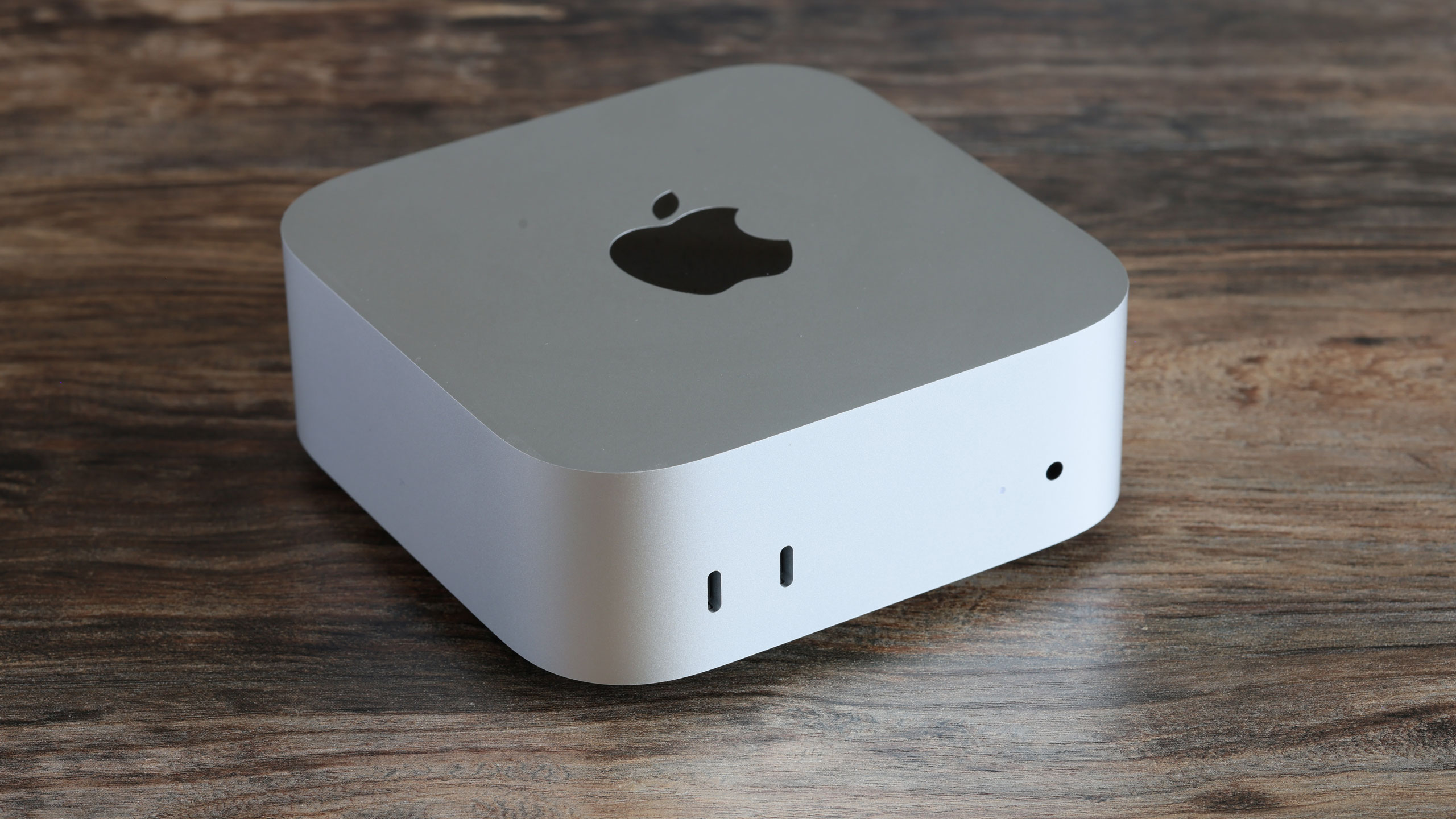
The Mac mini M4 is the cheapest Mac you can buy and, in many ways, the best. It’s perfect for desktop users who like to keep their systems modular so that they can upgrade their monitors, keyboards, mice etc as required, and not have these devices locked into the computer in the same way as a MacBook or iMac.
It’s also the perfect ‘first’ Mac for anyone ready to try a Mac for the first time. You can simply unplug your old devices, swap your Windows desktop box for the Mac mini and start it up. We can’t guarantee the Mac mini will work with every mouse and keyboard on the planet, but it’s what it’s designed to do.
Just because this is a tiny computer, it doesn’t mean it’s short on power. You have all the processor, RAM and SSD options of the MacBook Pro (though not the top-end M4 Max processor). The base model has 16GB RAM, which is fine for most domestic use, but you can bump this up to 32GB if you want and opt for a bigger SSD than the standard 256GB. That’s probably as far as we would go, though you can (at a cost) spec the Mac mini up to the point where it becomes a powerful desktop workstation.
For us, though, the charm of the Mac mini lies in its tiny case, it’s surprisingly affordable starting price, and the sheer elegance and quality of its construction. If you’ve been thinking about trying a Mac, then this is the one to start with. Or, if you have an older Intel Mac mini that needs an upgrade, the Mac mini M4 will deliver a massive speed boost in a box half the size. The concept is brilliant, but the reality is even better.
| Features | Even the base model is pretty powerful, and there's plenty of scope for (alas expensive) upgrades | ★★★★★ |
| Design | A beautifully designed miniature marvel, and it doesn't scrimp on ports | ★★★★★ |
| Performance | The M4 Pro version is fast and powerful, but the regular M4 base model isn't far behind | ★★★★★ |
| Value | We would think long and hard about expensive upgrades, but the base model is excellent value | ★★★★★ |
Should you buy the Apple Mac mini M4 Pro?
✅ Buy this...
- If you're looking for a powerful little desktop computer to hook up to your existing monitor and keyboard
- If you're keen to try out your first Mac and don't want to spend too much
- If space is tight and you need a super-compact desktop computing setup
🚫 Don't buy this...
- If you need your whole setup to be portable – get a MacBook Pro M4 instead
- If you need a high-end graphics workstation – it's best to switch to the Mac Studio line for this
- If you want a powerful but elegant all-in-one computer – get the iMac M4 instead
Alternatives
The Mac mini needs a screen and keyboard, but the MacBook Pro 14-inch M4 Pro offers both, for a truly portable experience with no loss of processing power, a beautiful display and up to 24 hours of battery life.
The iMac M4 is more expensive than the Mac mini for the same processing power, but you get a beautifully designed all-in-one computer that will look good in any interior and comes with an excellent display.

Rod is an independent photography journalist and editor, and a long-standing Digital Camera World contributor, having previously worked as DCW's Group Reviews editor. Before that he has been technique editor on N-Photo, Head of Testing for the photography division and Camera Channel editor on TechRadar, as well as contributing to many other publications. He has been writing about photography technique, photo editing and digital cameras since they first appeared, and before that began his career writing about film photography. He has used and reviewed practically every interchangeable lens camera launched in the past 20 years, from entry-level DSLRs to medium format cameras, together with lenses, tripods, gimbals, light meters, camera bags and more. Rod has his own camera gear blog at fotovolo.com but also writes about photo-editing applications and techniques at lifeafterphotoshop.com
